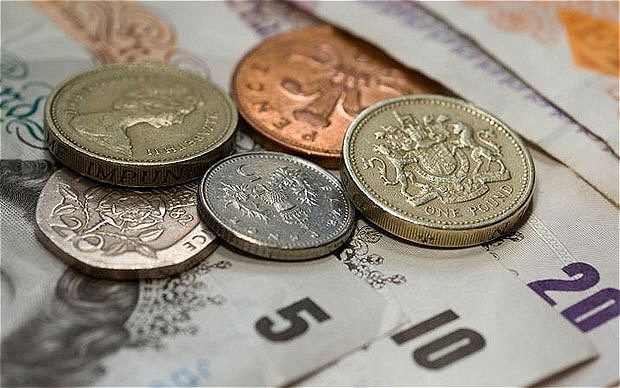What is invoice trading?
Invoice trading is the process in which SMEs (sellers) auction their invoices online, as a way to gain quick access to money that would otherwise be tied up. They can sell them individually or in bundles to the bidders (buyers) who offer the most competitive price to advance them the money. Sellers then buy the invoice back from buyers, and can decide whether to do so after 30, 60 or 90 days.
Who buys the invoices?
Buyers include a wide range of institutional investors, high street banks, asset-based lenders, cash-rich companies and high net worth individuals. Buyers get a fee for stumping up the cash, which varies from auction to auction.
Which companies typically enter the auctions?
Companies from any sector and of any size can sell their invoices and there will generally be no minimum or maximum auction size. The vast majority of sellers will, however, be SMEs and in 2012 the average auction size was just under £39,000.
What are the benefits?
Cashflow is a major issue right now for SMEs, with many perfectly viable companies getting into trouble. Usually this is because debtor companies are taking longer than ever to pay or because overdraft facilities have been reduced or deleted. Invoice trading solves this as it provides SMEs with instant access to outstanding invoices.
How does it differ to, say, invoice discounting?
Traditional invoice discounting and factoring are generally provided under long-term, exclusive agreements with a single bank or specialist finance provider. They usually oblige the seller to sell their entire invoice ledger. Invoice trading is a ‘Pay As You Go’ service that allows companies to take more control of their cashflow by auctioning just some of their outstanding invoices, whenever they want.


